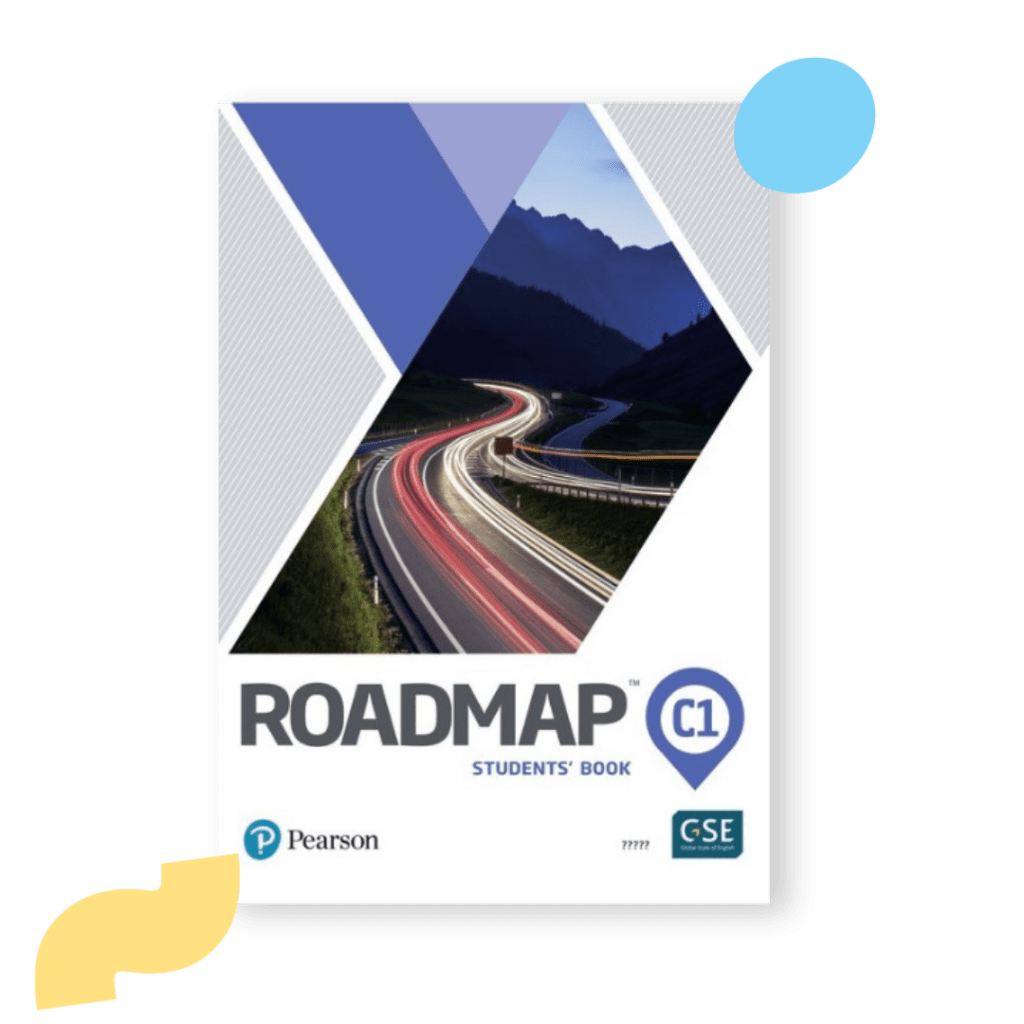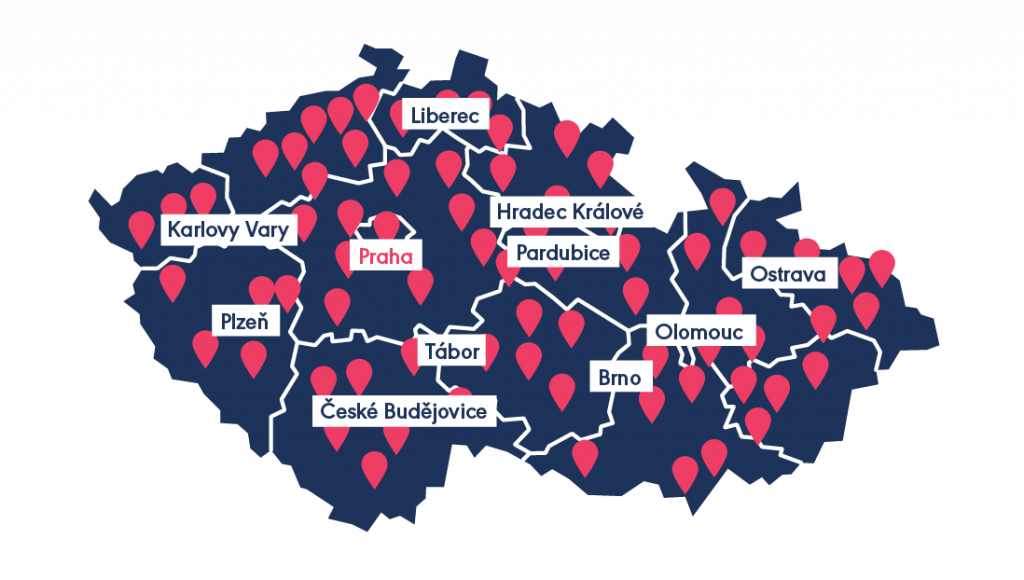C1 - Velmi pokročilí

Základní učebnice
Roadmap C1 -C2

Rozdělení kurzu
C1-I: U1-3
C1-II: U4-7
C1-III: U8-10

Profil studenta
Student rozumí delším promluvám, televizním programům a filmům, umí se vyjadřovat plynule a pohotově a rozumí i dlouhým a složitým textům.

Obsah kurzu C1 - I

Témata
- Team building: giving feedback on an event
- Describing someone’s reaction to a situation
- Justifying a point of view
- Joining a conversation already in progress
- Changes: giving a presentation on past, current and future trends
- Speculating about work situations
- Discussing a proposal
- Managing a fast-paced conversation
- Ideas: using brainstorming techniques
- Solving a problem
- Fact or fiction? Discussing how to fact-check news stories
- Summarising information

Slovní zásoba
- Phrases with delexical verbs
- Idioms for expressing and controlling emotions
- Connotations
- Socialising
- Trends
- Agreements and disagreements
- Ideas
- Problems and solutions
- The news and reporting
- Idioms related to clarity

Gramatika
- Present, past and future perfect
- Subject raising
- Infinitive phrases
- The continuous aspect
- Probability
- Cleft sentences
- Question forms
- Reason clauses
- Modifying adjectives
Obsah kurzu C1 -II

Témata
- High emotions: talking about personal experiences
- Discussing political or social issues
- Answering questions about abstract topics
- Resolving conflicts in negotiations
- Discussing unsung heroes
- Telling an anecdote
- Discussing problems and hypothesising solutions
- Politely refusing a request
- Dystopias: discussing abstract topics about society
- Presenting formal recommendations
- Choosing a sign or marketing slogan
- Taking part in a panel discussion
- How to plan an unconventional journey
- Talking about financial problems
- Discussing skills and abilities
- Chairing and participating in a debate

Slovní zásoba
- Anxiety and excitement
- Adjective + noun collocations
- The senses
- Negotiating
- Importance and usefulness
- Risk, success and failure
- Near-synonyms
- Excuses
- Making connections
- Responding to ideas
- Idioms related to exploration
- Deception
- Skills and abilities
- Debates

Gramatika
- Non-future uses of will
- Real conditionals
- Giving impressions
- Linking devices
- Unreal conditionals
- Hypothetical language
- The passive
- Making formal recommendations
- Comparatives
- Determiners
- Relative clauses
- Reduced relative clauses and similar structures
Obsah kurzu C1 -III

Témata
- Carrying out a survey
- Describing a pivotal moment in life
- Survival tips: making a list
- Dealing with problems on a call
- Relating a non-chronological narrative
- Taking part in a work-based conversation
- Discussing a course of action
- Answering questions in a job interview in detail
- Presenting a new idea
- Explaining the rules of a game
- Discussing approaches to language learning
- Delivering a progress report

Slovní zásoba
- Idioms related to feelings
- Decision making and reflection
- Idioms related to risk
- Making a call
- Verb–adverb collocations
- Gossip and rumours
- Improvement and deterioration
- Employability and competencies
- Collocations: innovation
- Board games
- Evaluating
- Success and failure

Gramatika
- Describing habits and compulsions
- The future in the past
- Emphasising advice
- Narrative tenses
- Reported speech
- Participle clauses and verbless clauses
- Emphasis and persuasion
- Heads and tails
- Concession clauses






